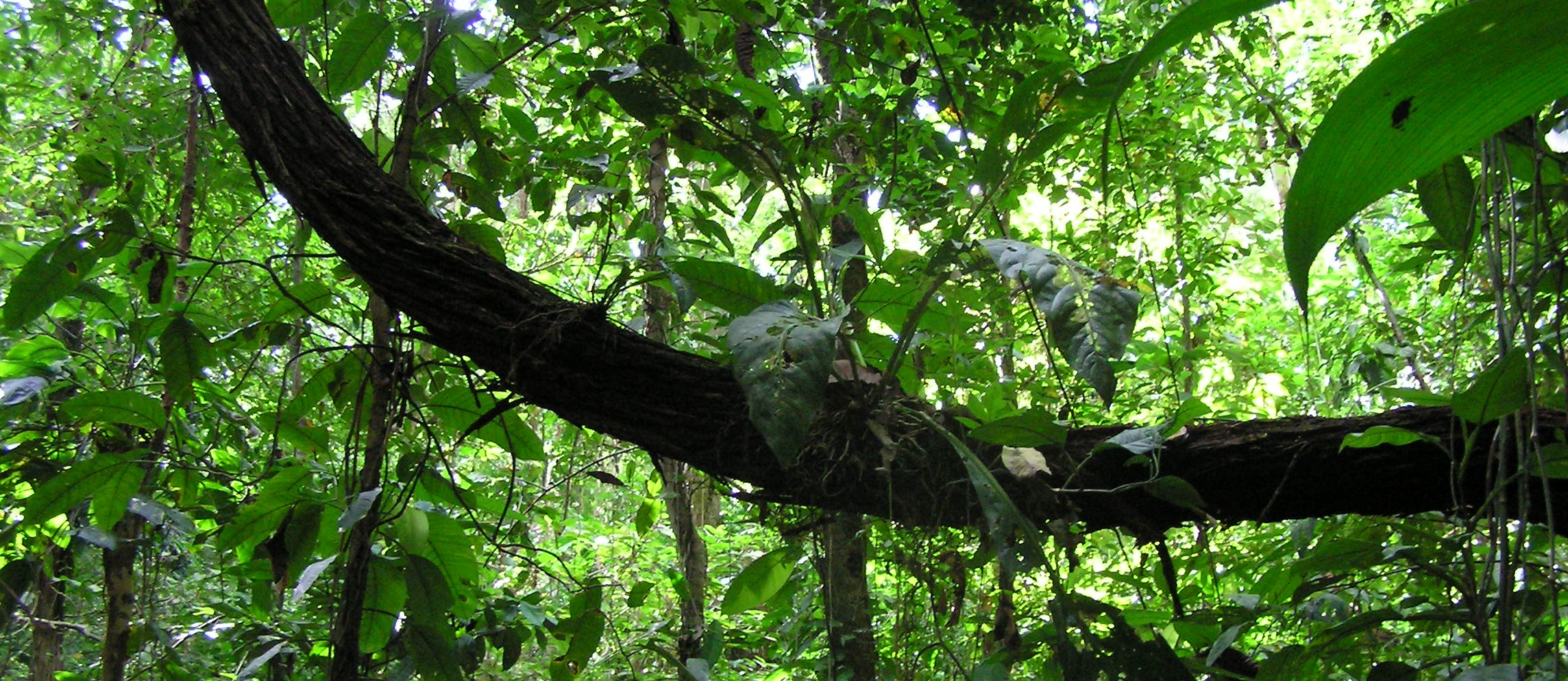
Liana Ecology Project
Welcome to the definitive and centralized resource for the latest and most comprehensive information on global liana research. The Liana Ecology Project is a clearinghouse for liana and vine ecology, behavior, physiology, and systematics research, and a tool for individuals to contribute their work to the growing world-wide body of liana research. The main research objectives of the Schnitzer Lab at Marquette University are to develop and test fundamental conceptual ecological theory pertaining to plant communities. The Schnitzer Lab focuses on understanding the mechanisms that regulate and maintain plant species diversity, the causes and consequences of plant diversity, the mechanisms that control plant abundance and distribution, and the causes and consequences of plant competition. We created the Liana Ecology Project in 2011 as a way to share our research ideas and findings with other scientists and with the general public. Our goal is to provide an interactive forum for researchers worldwide to contribute their work to the rapidly expanding field of liana ecology. We hope that researchers will contribute to the site by uploading their liana-related research publications, photos, and metadata descriptions of their data. With active participation by the global liana community, we can formulate a clear picture of what research questions are being addressed, what major questions are yet unresolved, and what geographical locations need more attention. The Schnitzer Lab has several ongoing, National Science Foundation (NSF)-sponsored research projects that focus on the ecology and biogeography of lianas, the increase in liana abundance and biomass in tropical forests, the community-level effects of lianas on tree growth and mortality, and the ecosystem-level effects of lianas on forest carbon, nutrient, and water storage and fluxes. This work is being conducted in the Republic of Panama in collaboration with the Smithsonian Tropical Research Institute (STRI). Below, you will find collections of our research in more detail including links to our publications related to the research and with whom we have collaborated. Additionally, you will find our collections of articles related to liana research and metadata on liana sites as well as our image gallery.